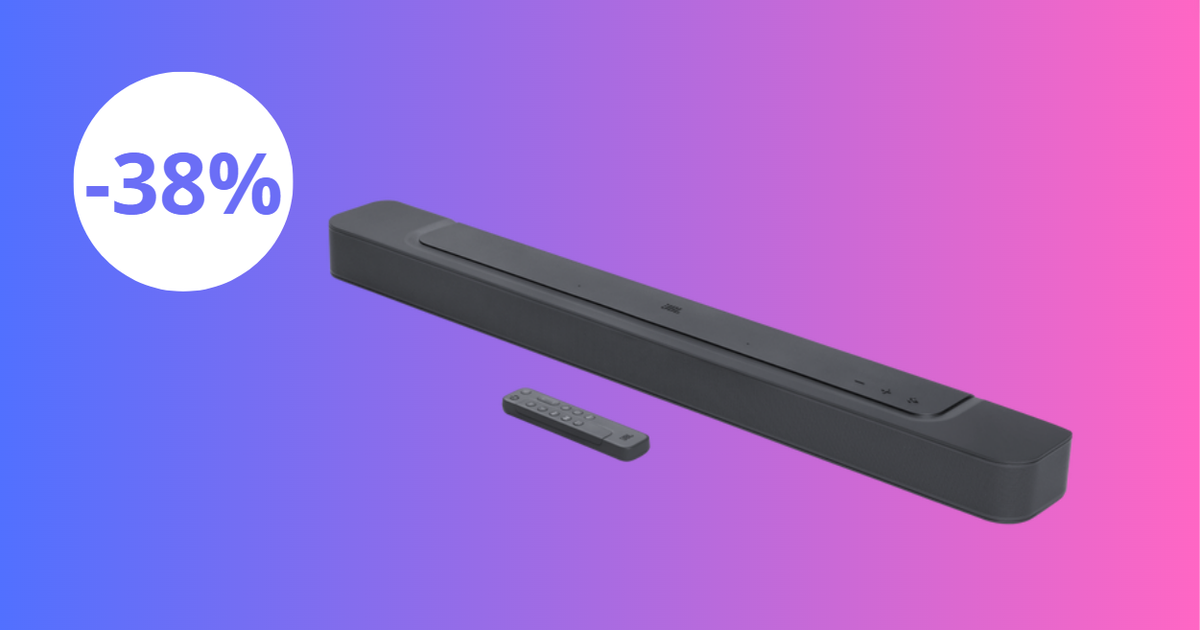The Öko-Test took a closer look at 20 ground coffees.
Carcinogenic pollutants were found in some powders from well-known manufacturers.
Frankfurt am Main - ground, roasted, full-bodied, strong or mild: For many people, coffee is a great pleasure and a stimulant.
The noble beans are often referred to as the brown gold, but the growers of the seeds of the coffee plants do not get rich.
As part of an extensive test of 20 ground coffees, the Öko-Test not only discovered harmful substances suspected of being cancerous, but also complained about a lack of responsibility for human rights and environmental protection during cultivation.
Almost half of the coffees tested were therefore rated “poor” and “unsatisfactory” and failed mercilessly.
Coffee in the test: from first class to pollutant - Öko-Test fails big brands
Germany is among the top 3 coffee junkies worldwide.
The per capita consumption recently added up to around 164 liters per year, nine out of ten people in this country are coffee consumers.
Only the USA and Brazil drink more of the expensive hot beverage.
The German's favorite hot drink has now been scrutinized by the Öko-Test, which recently examined handkerchiefs.
20 ground coffees from (organic) supermarkets and discounters were subjected to a test, whereby particularly strong-selling brands were taken into account.
The testers only rated powders with a medium roast level.
The result is likely to have a sobering effect on many coffee connoisseurs.
Video: Myths Around Coffee
Öko-Test gives its verdict: Only one product rated “good”
Of the 20 coffee powders tested, only one product was rated “good”, with a good half of the coffees failing. They criticized pollutants, poor working conditions and a lack of environmental protection in the manufacturing countries. However, coffee fans do not have to forego the consumption of beans entirely, because twelve products impressed the sensory experts with their taste.
The test winner for conventional roasted coffees was “Amaroy Extra, ground roasted coffee” from the discounter giant Aldi Süd.
Not only was the taste right here, the ingredients were also rated “good”.
The categories of cultivation and transparency were rated “satisfactory”.
Only one product was rated as even better.
Gepa's “fair pound of organic coffee from fair trade, ground” came in first, making it the best organic coffee among the six organic articles tested.
Carcinogenic pollutants in tested coffees
13 products caused concern for the Öko-Test. In them the content of acrylamide and furan was classified as "increased". The two substances naturally arise during the roasting process of the beans, whereby according to the European Food Safety Authority (Efsa) acrylamide can potentially increase the risk of cancer. Furans, on the other hand, would damage the organs in the long term, as has been found in animal experiments. For these reasons, the EU introduced a guideline value for roasted coffee, more than half of which the 13 coffees used up. So they failed the Öko-Test, because the organization has strict ideas, as it announced in its report on the test results.
“About the background to our assessment: We assume four cups of coffee a day and orientate ourselves on the lowest values at which the first damage has occurred in animal experiments.
These thresholds were not reached with any product in the test.
But from our point of view, the safety margin should be greater here, at least as large as recommended by Efsa, ”wrote the Öko-Test about its results.
Among other things, the products "Melitta Auslese Klassisch", "Tchibo The Savory", "Eilles Coffee Gourmet" and "Jacobs Krönung" exceeded the EU benchmark, as
Focus
reported.
The coffee from the Bavarian manufacturer Eilles even scored “unsatisfactory”.
Big brands, very small: Öko-Test criticizes environmental protection and a lack of human rights
However, pollutants including a potential increase in the risk of cancer were not the only point of criticism of the eco-testers.
"Human rights violations and illegal destruction of forests at the expense of the climate" had a major impact.
When researching the test, many manufacturers could not prove exactly where their coffee came from, the supply chains were hardly made transparent.
According to the Öko-Test, only a part of the producers had documents ready which proved “controls of human and labor rights requirements by external auditors”.
In addition, there are poor, barely adequate wages for workers and peasants.
Only nine of the 20 coffee manufacturers tested are subject to a requirement of slowly approaching a living wage level.
Two tips for a good and fair coffee
Many a coffee drinker could well lose it with the poor results and the even worse growing conditions. The Öko-Test therefore recommends observing two little tricks when buying coffee. On the one hand, the focus should be on quality instead of quantity; the quantity makes the difference. On the other hand, a good coffee would be easily recognizable. At best, the product should have an organic label and a symbol for fair trade such as
Fairtrade
or Hand in Hand.
It is pointed out again and again that excessive amounts of coffee are harmful to health.
Even in the morning, the wake-up call is said to have negative effects on the human body.
Hungarian researchers, on the other hand, have found out how much coffee has positive effects on lifespan.
Dangerous or not, for many people nothing works without coffee.
(ale)













